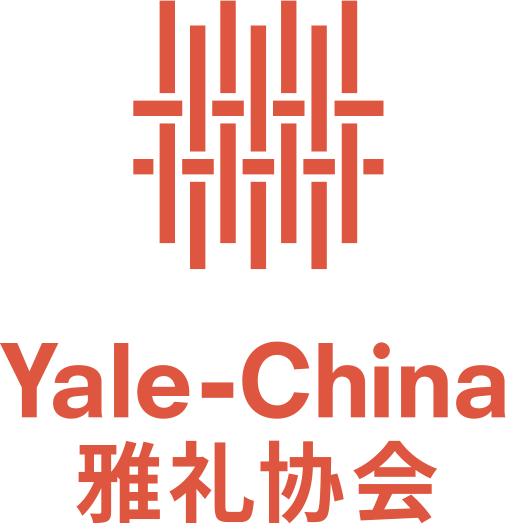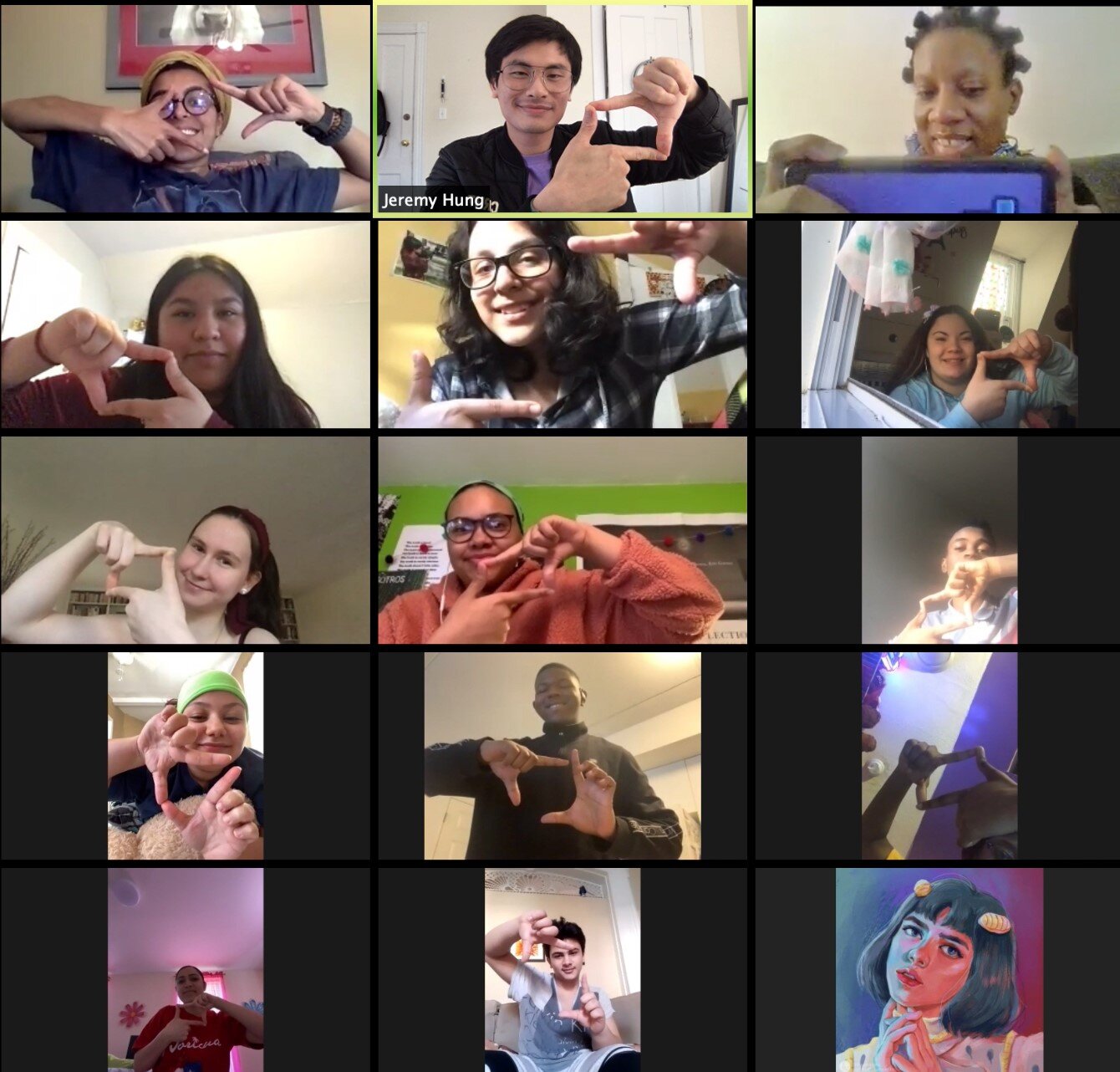Jeremy Hung
2020 HKETONY Arts Activator
“I still feel that the experience is continuing to shape my perspective after I’ve returned to Hong Kong”
Describe your artistic interests and areas of focus.
My artistic interests all stem from film. I’m intrigued by how the medium works, considering how film as an art form has only been around for about 150 years, which is nothing compared to the other arts, and yet dominates almost every aspect of our lives today. Professionally, I’m interested in breaking down the film language in a way so that students can creatively engage with it from a young age. Because film is rarely prioritized in schools, not many students realize its role in shaping our understanding of the world, and fewer choose to become filmmakers. My job is to try to make sure that students see how they can each contribute to the diverse film arts, so that more students can gain the confidence to express themselves in this rich medium. Personally, as a filmmaker, I’m interested in portraying the intersection between local and international communities in Hong Kong. This niche has largely informed my experiences growing up here, and I think is a defining quality of the city which I rarely see portrayed in our cinema.
“Hong Kong artists are also versatile and can adapt in order to continue creating their work”
Share a project you pursued during your Yale-China Fellowship. How were people involved in collaborating on your project?
The project I pursued, titled Film Stylo, is a filmmaking curriculum designed to enable middle-school students to directly express their personal selves through film. This was its initial goal as it relates to visual literacy (which I try to advocate and advance through my work in education), but through interactions with the numerous individuals I met from the Fellowship, I gained a clearer sense of the project’s greater purpose, beyond even filmmaking. In particular, Dr. Eunice Yuen from the Yale Child Study Center helped me see its social-emotional potential by contributing her clinical expertise, while Professor Tony Sheldon from the Yale School of Management helped me envision it as a social enterprise for a greater impact. They were both instrumental in helping define the goals of my project as they relate to fostering intercultural empathy and promoting emotional wellness through filmmaking.
How has the Fellowship experience (the place, the people, the schools, the Festival, etc.) stayed with you today? How does it shape your perspective?
Perhaps because the project I worked on was intended to last beyond the six months, I still feel that the experience is continuing to shape my perspective after I’ve returned to Hong Kong. With my collaborators, part of our discussions were directly about how we can continue our collaboration after I’ve left New Haven. We’ve also explored the possibility of sharing our project with New Haven middle and high-schools in the upcoming school season. One upside to the Festival being conducted online this year is that the experience was optimized for a remote audience. This makes it easier to share the presentation experience with others who’d like to learn more about the work. Finally, Yale-China’s network is so extensive that I’m still continuing to meet new contacts through it. Just last week, Yale-China Vice President and Director of Programs, Leslie Stone, connected me with two past Fellows in Hong Kong whose work in education I find very admirable and informative for my own work.
How did you pivot your project to a virtual platform?
By chance, my project had a virtual component from the start, as we had planned to connect two classrooms from New Haven and Hong Kong through it. Initially, I had planned on working with the students on the New Haven side in person, while my colleague worked with students in Hong Kong, but this plan was scrapped once New Haven schools closed in March. Eventually we realized we could move the teaching component online as well, and I did this with the Festival’s High School Fellows via Zoom, which was lots of fun. We also realized that students around the world are largely in the same boat, and further pivoted to create a self-guided curriculum which could be made available to students we wouldn’t otherwise be able to reach. With the help of dedicated schoolteachers in New Haven, Hong Kong, and the U.K., we’ve since shared the project with over 200 students, and this work is still ongoing.
What is one piece of advice for someone considering this Fellowship?
For anyone considering the Fellowship, especially in the current unpredictable situation we are in, my advice would be to apply with a project in mind that can respond to the times we’re living in, and create some good out of that. While some artistic projects are really hampered by going virtual, Hong Kong artists are also versatile and can adapt in order to continue creating their work. The Fellowship offers a platform for you to do this, while exploring interdisciplinary connections to your work through the Yale community, the local New Haven community, and beyond. If you have a project in mind that could not only be executed in spite of the current circumstances, but actually be a creative response to it—and offer a previously unexplored way to bridge American and Chinese cultures—then I would certainly recommend applying for the Fellowship and seeing where it takes you. We’re all looking forward to being surprised.


